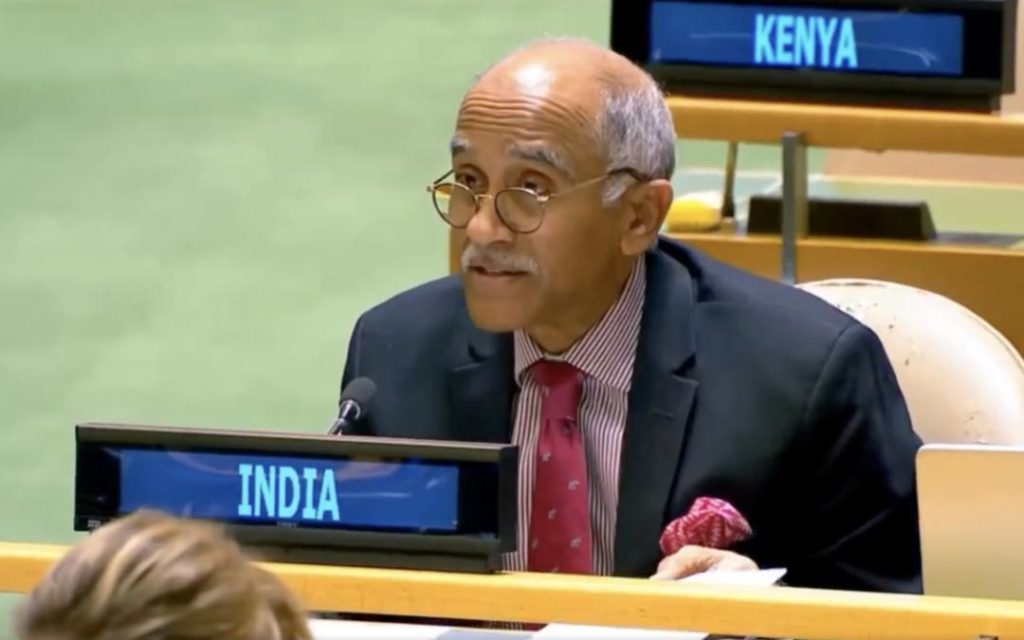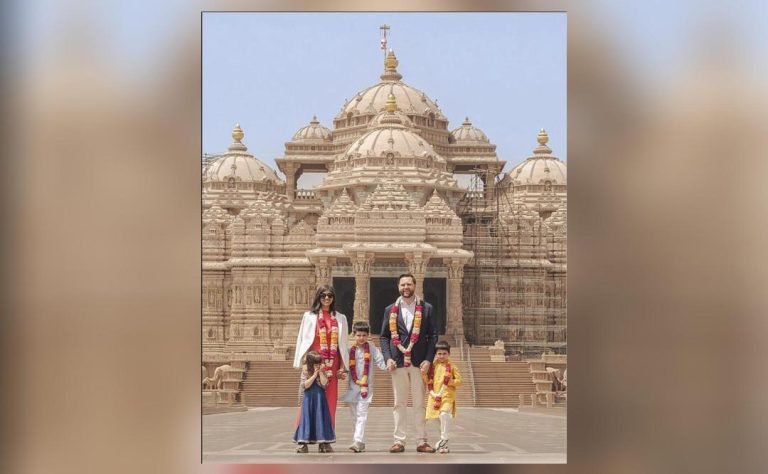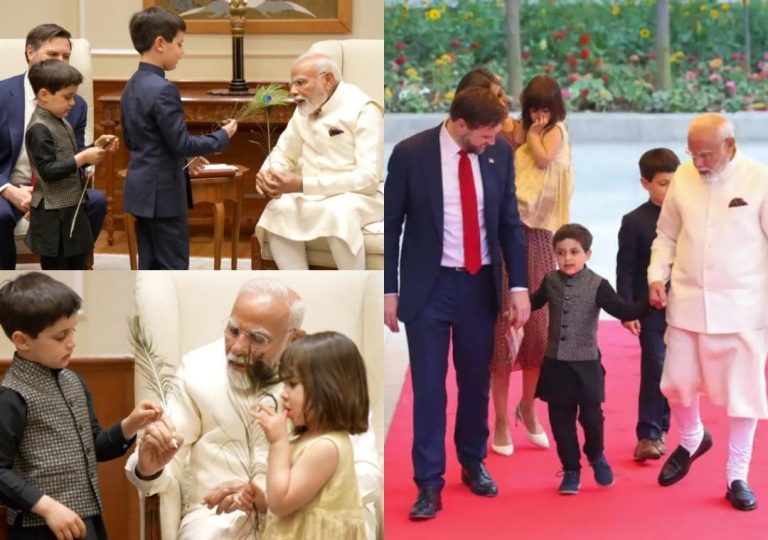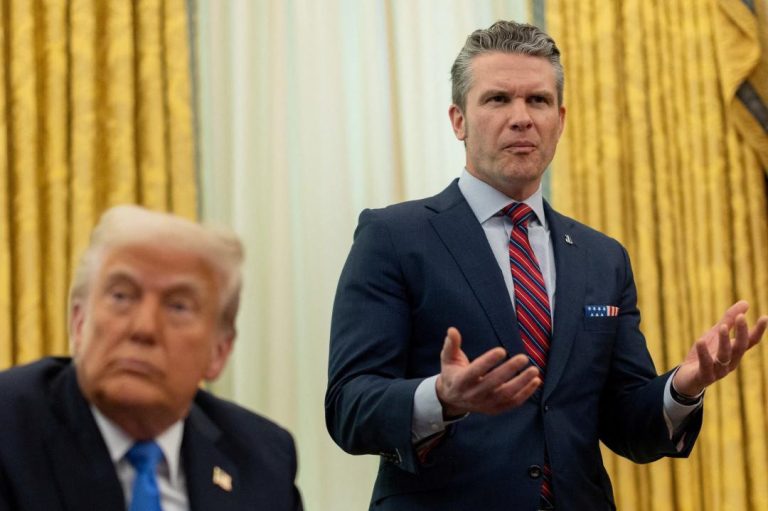
Pak’s Fanatical Mindset is Well Known: India on Pak’s Reference to J&K at UN
In a scathing rebuke, India’s Permanent Representative to the United Nations, Parvathaneni Harish, has criticized Pakistan’s former Foreign Secretary’s statement on Jammu and Kashmir at the General Assembly. The Indian diplomat termed the statement “unjustified” and added that Pakistan’s “fanatical mindset is well known”. This remark comes amidst a backdrop of continued tensions between India and Pakistan over the disputed region.
The controversy began when Pakistan’s former Foreign Secretary, Dr. Afzal Mehmood, made a statement at the UN General Assembly, reiterating Pakistan’s stance on Jammu and Kashmir. Mehmood claimed that Pakistan has always supported the people of Jammu and Kashmir in their struggle for self-determination and that the region’s dispute was a “core issue” between India and Pakistan.
India’s Permanent Representative to the UN, Parvathaneni Harish, was quick to respond to Mehmood’s statement. In a strongly worded speech, Harish said that Pakistan’s frequent references to Jammu and Kashmir at international forums had become “routine” and had lost its significance. He added that such statements would not validate Pakistan’s claim or justify its “practice of cross-border terrorism”.
Harish’s remarks were a direct response to Pakistan’s long-standing position on Jammu and Kashmir. Pakistan has consistently maintained that the region is disputed and that the Kashmiris have the right to self-determination. India, on the other hand, has maintained that Jammu and Kashmir is an integral part of the country and that the region’s status is governed by the Indian Constitution.
Pakistan’s stance on Jammu and Kashmir is based on the 1947 Instrument of Accession, which was signed by the then Maharaja of Jammu and Kashmir, Hari Singh, after India gained independence from British colonial rule. The Instrument of Accession stated that Jammu and Kashmir would accede to India, but with the condition that the region’s status would be decided by a plebiscite. However, the plebiscite never took place, and the region has remained disputed ever since.
India has consistently rejected Pakistan’s claim to Jammu and Kashmir, arguing that the region is an integral part of the country. India has also maintained that the region’s status is governed by the Indian Constitution and that the rights of the people of Jammu and Kashmir are protected under the Constitution.
Pakistan, on the other hand, has continued to support the separatist groups operating in Jammu and Kashmir, who are demanding independence from India. Pakistan has also maintained that it has the right to help the Kashmiris in their struggle for self-determination.
In recent years, tensions between India and Pakistan have increased significantly, particularly after India revoked the special status of Jammu and Kashmir under Article 370 of the Indian Constitution. Pakistan has consistently condemned India’s move, claiming that it is a violation of the region’s autonomy and a threat to regional peace and stability.
India has responded to Pakistan’s criticism by saying that the move is an internal matter and that Pakistan has no locus standi in the issue. India has also maintained that the region’s status is governed by the Indian Constitution and that the rights of the people of Jammu and Kashmir are protected under the Constitution.
The controversy over Jammu and Kashmir has also led to increased tensions between India and Pakistan at the international level. Pakistan has been trying to internationalize the issue, but India has consistently maintained that the region is an internal matter and that Pakistan has no right to interfere in the issue.
In conclusion, India’s Permanent Representative to the UN, Parvathaneni Harish, has criticized Pakistan’s former Foreign Secretary’s statement on Jammu and Kashmir at the General Assembly, terming it “unjustified” and adding that Pakistan’s “fanatical mindset is well known”. India has consistently maintained that Jammu and Kashmir is an integral part of the country and that the region’s status is governed by the Indian Constitution. Pakistan, on the other hand, has continued to support the separatist groups operating in Jammu and Kashmir and has maintained that it has the right to help the Kashmiris in their struggle for self-determination.
As the controversy over Jammu and Kashmir continues, it is clear that the issue is a complex and contentious one. However, one thing is certain – the fanatical mindset of Pakistan is well known, and its frequent references to Jammu and Kashmir will not validate its claim or justify its practice of cross-border terrorism.
Source: https://x.com/IndiaUNNewYork/status/1900591971250385143



